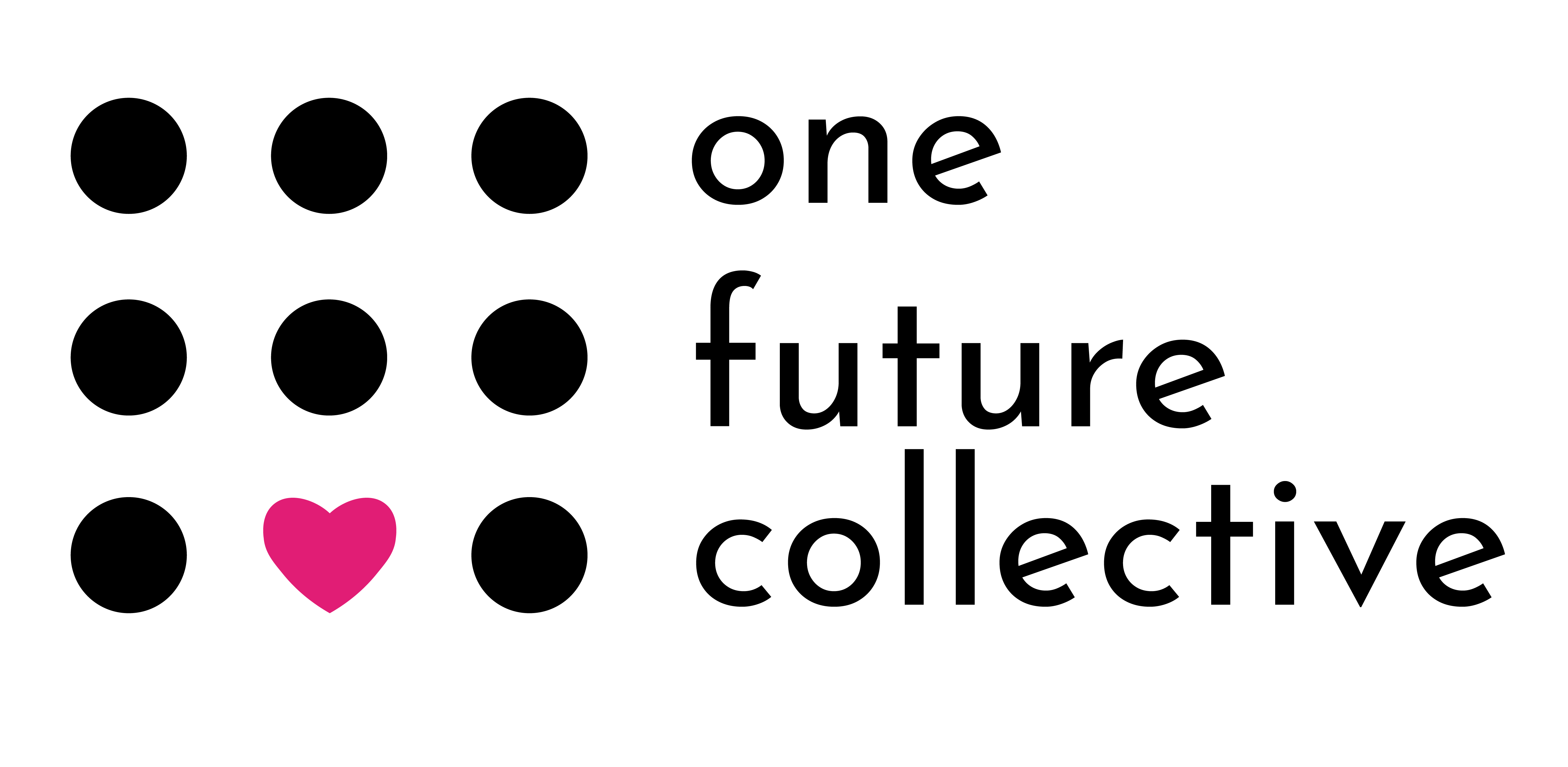War Stories | An Account of Partition
War Stories is a monthly column by Sara Sethia that intends to account war experiences and stories, both first hand and others, across borders in an effort to propagate peace activism.
Warning: this piece contains sensitive information which may trigger certain readers.
The Indian Independence Struggle and the Partition that ensued is often narrated as a matter of great pride- more so as a story of imponderable human resilience and boundless patriotism, an exemplar of the ideals of liberty, humanity and peace.
Time and again, as our classrooms and our history lessons talk about victories and deaths, enemies and foes, as we blur the boundaries of those to be loved and those to be despised, these stories about the ugliest facets of human paradoxes will be lost under the garb of superficial ideals and unfounded euphoria. If we shy away from accepting the brute reality of what we lost in all those wars that we won, peace will continue to be a burden, a bloated pouch of words flung from one nation to another until the remnants from the trampled humanity taint it into a tale of invisibility.
This account is one from the deep recesses that haunts the glorious story of Independence. It’s a manifestation of one of the many costs of the Partition in 1947.
Communal disharmony and riots between the Muslims, Sikhs and Hindus was at the helm at that time. Muslims and Sikhs, who had been amicable neighbours since aeons, grew suspicious of each other and were later, raging with fury about the other’s existence. Beautiful evenings that they once spent with each other in the by-lanes of the village or near the wells, were now shrouded in war cries.
In March 1947, Sikh villages in the vicinity of Rawalpindi were assaulted by Muslim mobs. People in the villages were astonished. As “Allah O Akbar” raged through the skies and hands lifting weapons conspicuously occupied the peaceful skies, everyone wondered at the sudden turn of events. Several generations of their families had peacefully coexisted in the village. This was new.
Soon the mob approached a village. One of the members of the mob assured the Sikhs that the mob would return from their village without causing any harm if and only if the Sikhs handed over a girl from the village to them.
Sikh women in the village were forced into hiding. Ber Bahadur Singh was a teenager, who too was forced into hiding with the rest of the villagers. As the circumstances worsened, Ber Bahadur Singh’s father decided to take action.
He called his daughter, Maan. She obediently sat in front of him, her back facing his face. He raised his sword to strike her head off but missed. She brought her braid forward. Her father struck her with his sword and her head rolled on the ground.
One after the other, men began striking the heads off the women of their family to protect their ‘honour’ because they feared that the mobs would kidnap their women, force them to convert their religion and rape them. Preposterously, there were no cries, no commotion- only the dreadful noise of swords cutting through the air and striking the heads of women.
Tears well up in Ber Bahadur Singh’s eyes as he recalls this incident, an incident that continues to haunt him even in his senility.
However, what makes me shudder with fear and anguish is that Ber Bahadur Singh’s YouTube video, which seems to be the only testimonial of this incident online, is titled “How Sikhs saved their women from Muslim Mobs during Partition of 1947”.
Women. Honour.
That day is a reminder of why I as a person can never regard the Partition as a manifestation of liberty. The mob believed that there was no better way to insult the Sikhs than to rape their women. The Sikhs believed that murdering women in such a situation was the most honourable death for them. These women were reduced to mere objects of honour for men to decide their fates according to convenience.
Love. Loss.
They were happy families. They were happy communities. Yet, their lives were obliterated in an instant. A loss that no glory could supplant. Their lives would be jarred with memories of their wives’ hair gorgeously flowing over her face, of her eyes which made their day. Dreams would bring back dreadful memories of the times when their nights were replete with their sister’s endless chatter or their mother’s stories. It was and is dreadful because all that was once mellifluous is now tainted with the noise of swords chopping their heads.
What was saved and what was lost is an inexplicable beat in the deepest recesses of their hearts; hearts that know they didn’t want what they did; hearts that wished they hadn’t known honour; hearts that wish the war never came.
Disclaimer: Before you develop an opinion about which community is evil or bad, remember that there are stories in the hidden folds of history that may smash your judgements in an instant. It’s not who wronged whom — the war has left no hands clean. It’s about why we wronged the people we were supposed to love, the people who were not ‘others’ due to the difference in their religions or nations. It is rather about why war compels us to throw into oblivion the relationships we shared and the humanity we swore by.
Sara Sethia is a Research Associate (Gender Justice) at One Future Collective.
Featured image: Washington Post
Mapping and negotiating power
Uncuff India Episode 10: Dimensions of conflict and peace: visioning a utopian world
Uncuff India Episode 9: Civic space and dissent: A pathway to social justice

